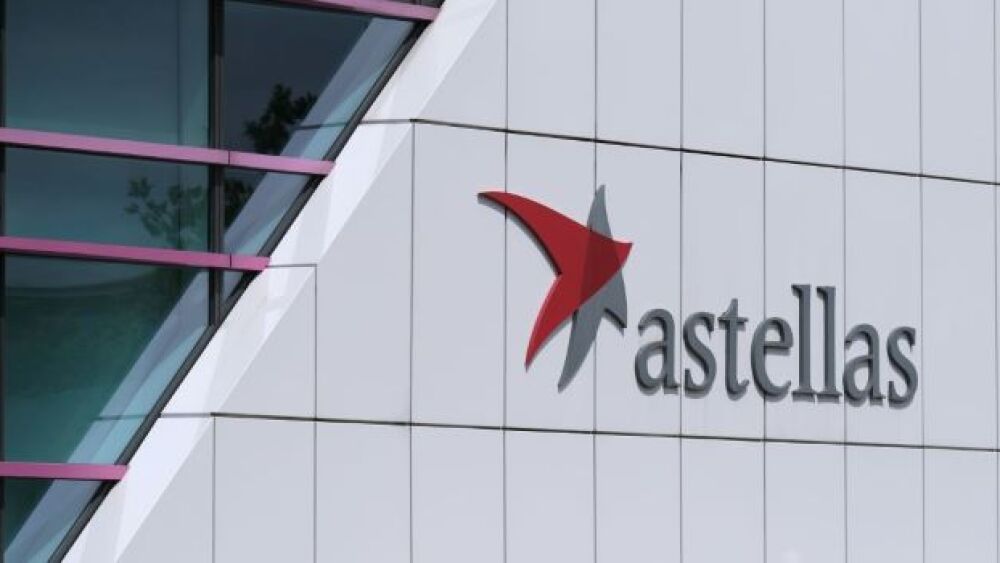Today, Astellas announced that after evaluating its gene therapy for patients with X-linked Myotubular Myopathy, it revised its eligible treatment population and any likely future product label.
Courtesy of Nakao/Getty Images
Today, Astellas announced that after evaluating its gene therapy for patients with X-linked Myotubular Myopathy (XLMTM), dubbed AT132, it revised its eligible treatment population and any likely future product label. The company chose to book an impairment loss of intangible assets as other expenses.
This loss adds up to about 50 billion yen, or about $390 million (U.S.). An impairment loss is when an asset depreciates in fair market value on the company’s financial statements.
This news closes a tumultuous time for Astellas regarding the therapy. In September 2021, Astellas Pharma reported a fourth patient death in the AT132 clinical trials. Almost a year earlier in December 2020, a clinical hold had been placed on the Aspiro trial after three patient deaths occurred due to complications with sepsis, gastrointestinal bleeding and liver failure associated with the gene therapy.
However, that wasn’t the only reason for the loss. The company has decided to abandon the development of the DNA vaccine ASP2390, which is in Phase I for house dust mite-induced allergic rhinitis. It has also decided to terminate the development of its GITR agonistic antibody ASP1951 in a Phase I trial for cancer patients. And piling onto these programs, based on preclinical data, it is terminating gene therapy programs AT702, AT751 and AT753 for Duchenne muscular dystrophy.
This is a tough announcement for the company. In mid-March, Astellas reported that its Phase III Moonlight 1 trial of fezolinetant to treat moderate to severe vasomotor symptoms in menopause — hot flashes and night sweats — missed the pre-defined efficacy endpoints in its initial 12-week observation period. The study’s participants included women in China, Taiwan and Korea diagnosed with moderate to severe vasomotor symptoms associated with menopause.
Nancy Martin, MD, PharmD, vice president and global medical head of medical specialties for the company, indicated Astellas would evaluate the data once the trial was completed. At that time, the company wasn’t giving up on the drug, suggesting that any potential regulatory submissions in the U.S. and Europe would be based on the Skylight 1 and 2 Phase III trials, as well as data from Skylight 4 for long-term safety.
In Skylight 1 and 2, the drug was tested in more than 1,020 women with VMS across 280 sites in Canada, Europe and the U.S. Both trials met all four co-primary endpoints showing statistically significant reduction from baseline in the frequency and severity of moderate to severe VMS to week 4 and week 12 for women who received fezolinetant 30 mg and 45 mg once daily versus placebo. Also, its Phase III Skylight 4 trial of the drug for endometrial health achieved its primary endpoint in 1,800 women across 180 sites in the U.S., Canada and Europe.
“Based on our initial assessment, we are pleased with the outcome of the Skylight 4 study, which further characterizes the long-term safety of fezolinetant,” Martin said in a previous statement. “With these fezolinetant data, we are hopeful that we will have the opportunity to deliver a first-in-class, nonhormonal treatment option for moderate to severe vasomotor symptoms associated with menopause.”
Fezolinetant is a selective neurokinin-3 receptor antagonist that blocks neurokinin B binding on the kisspeptin/neurokinin/dynorphin (INDy) neuron.
In what appears to be a good news/bad news month, on April 13, the company reported that the European Commission had approved Padcev (enfortumab vedotin) alone for adults with locally advanced or metastatic urothelial cancer who had previously received platinum-based chemotherapy and a PD-1/L1 checkpoint inhibitor.
“The approval of enfortumab vedotin in the European Union is a significant milestone for people living with advanced urothelial cancer who have had limited treatment options and poor survival rates,” Dr. Ahsan Arozullah, MD, MPH, senior vice president, Head of Development Therapeutic Areas, Astellas said. “We look forward to working with health authorities to ensure people living with advanced urothelial cancer can access this new treatment option as soon as possible.”





